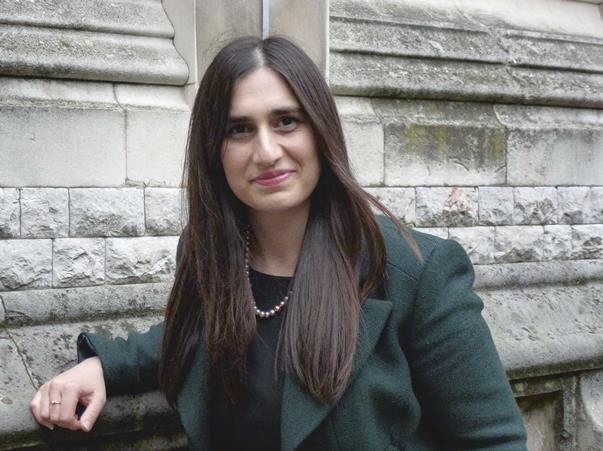The rise of the specialist: part two
22 July 2014By Sophie Khan
A range of new laws - such as flexible-working provisions and legal aid reforms - will boost the emergence of specialist practitioners.
The advent of a new right to request flexible working is more good news for specialist practitioners. The new provisions will provide specialists with a unique opportunity to trade on their expertise to secure flexible-working hours and explore new working arrangements such as consultancy and contract work.
It will no longer be in the power of law firms to dictate the number of hours their employees work in the office. This change will break down the established thinking that time is money, to expertise is money.
The legal experts will be the ones who call the shots and create a new working environment which recognises the value of skill and expertise to a case, changing the face of how traditional legal services are provided to the public.
In the long term this new approach will bring down costs of legal services as billable hours will be replaced by fixed pricing. Instead of billing clients for the time spent on a case, the client is billed for instructing an expert practitioner to run their case. Fixed pricing has advantages for both clients and law firms. For clients they know the up-front cost of the legal service they require and for law firms the recoverable cost on a specific matter.
The financial sustainability of law firms is a growing concern across the profession. Legal aid will soon become a relic of the past and if your firm is reliant on a legal aid franchise you need to start to look at alternative funding models such as damages-based agreements (DBAs) and ‘unbundled’ legal services.
There has been much debate about the workability of DBAs but in certain cases it is the only viable option and is not too different from the current arrangements that many firms are adopting under a conditional fee agreement. These firms still recover a success fee from their clients if the claim is successful. The success fee is deducted from their client’s damages.
It may be unpalatable to legal aid practitioners to take money from their clients but this is the future of legal funding if the case does not enjoy the protection of qualified one-way cost shifting (QOCS). The Civil Justice Council Committee has recommended the extension of QOCS to specialist areas of civil law. However, it will take several months for the recommendations to be implemented. In the meantime, firms need to secure finance to address any shortfall in income.
The Small Business, Enterprise and Employment Bill, introduced in the Queen’s Speech seeks to ‘make the UK the most attractive place to start, finance and grow a business’ and opens the door to alternative funding providers. As with the new flexible-working legislation the bill will end a monopoly and allow small firms access to finance.
This in turn should address the growing tide of litigants in person. If small firms have the resources to take on more cases on an alternative funding model then the number of unrepresented litigants will start to fall. Another way is to make the court system less adversarial in civil litigation.
This is the approach that has been suggested by the appeal court judges who handed down their judgment earlier this month on the interpretation of the Mitchell guidance. If this suggestion is followed it is likely to lead to more cases being resolved at an earlier stage of proceedings and save costs for the judicial system.
This should be music to the ears of Chris Grayling but it seems his attention has turned elsewhere. His recent campaign involves championing the cause of ‘everyday heroes’. The Social Action, Responsibility and Heroism Bill (SARAH) aims to protect such heroes who act in the interests of society, responsibly or heroically.
Many practitioners believe that SARAH is unworkable and will add unnecessary complications to legal proceedings and as a result increase overall costs. The resources being laden to create a new law would be better spent upholding the right to access the law.
It is in the interest of society, responsible and heroic to protect this right. Specialist practitioners need to embrace their new rights and protect access to the law.
Sophie Khan is solicitor director at Sophie Khan & Co


1 comment:
Nice Blog!
If You Are Looking Solicitors In Ilford We Provide Best Solicitors In Ilford
Post a Comment